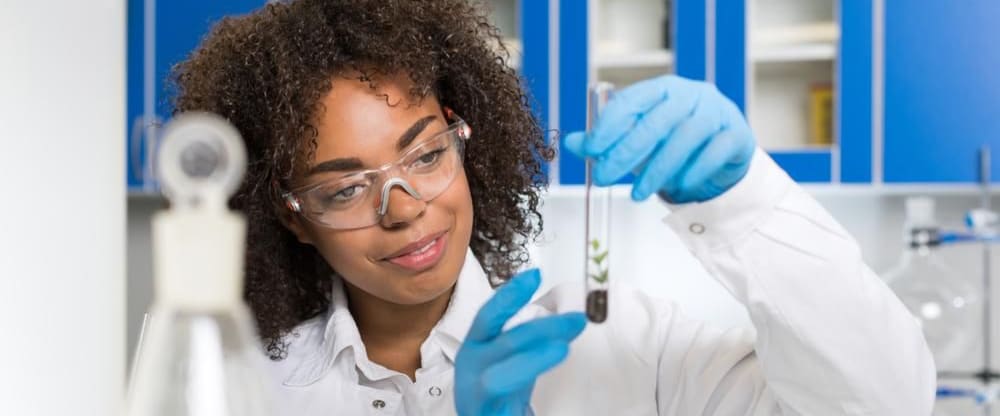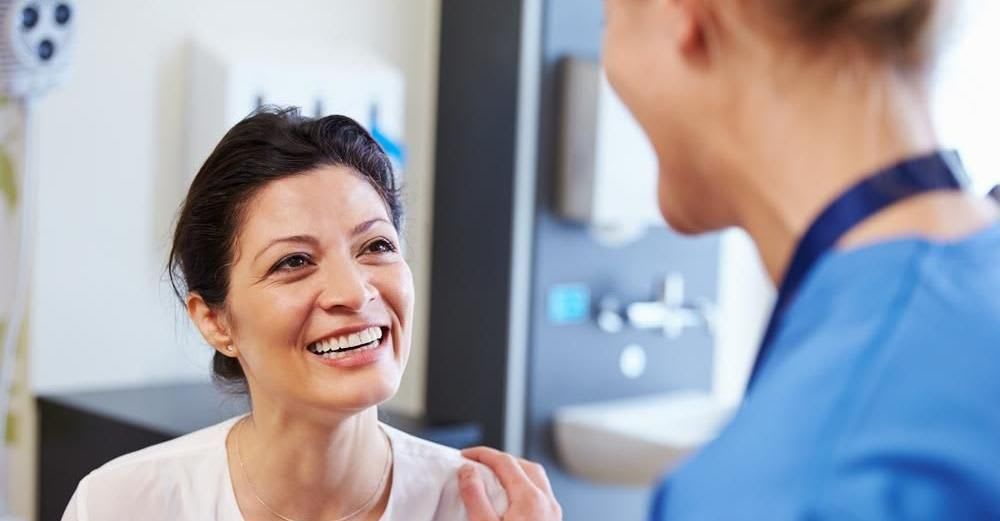Why You Should Also Do Research As A Med Student
Medical school is busy. Among classes, labs, studying, clinicals, and taking care of yourself, how can you make time for anything else? Despite what you think you can contribute to medical research while you're in medical school. Here's why you may want to consider it.
- Education

Medical school is busy. Among classes, labs, studying, clinicals, and taking care of yourself, how can you make time for anything else? Despite what you think you can contribute to medical research while you're in medical school. Of all the things you do outside your typical routine, it may be one of the most valuable, too.
Here's why doing research in medical school may be worth the time squeeze:
1. You'll stay up to date on the latest medical trends
If you want to stay on the cutting edge of medicine, there's no better way than throwing yourself directly into it.
Interested in one of medicine hot topics and ready to get your medical research feet wet? Talk to a professor or your advisor about what you'd like to do--your medical passion--and find out how you can get involved in a research project, even just a little.
As a future healthcare provider, you need to care not just about patient care, but about how the medical field is changing.
Don't do it just for the sake of doing it. Pick a topic that truly interests you and find a way to fly with it.
2. You'll be ready for a career in academic medicine
If you plan to delve into academic medicine anyway, then there's no time like the present. Combine your love of scientific discovery with deep clinical insight and push medical research forward.
By starting early, you not only get research experience, but you also begin to establish your research network--a critical component to your life as an academic medical researcher.
3. You'll do something new
The whole point of research is to discover something new, right? While other extracurriculars are important, you're less likely to have the opportunity for new discovery with them.
Medical research requires out of the box thinking, stimulates your brain, and teaches you how to push the status quo.
4. It's a "must" in the medical world
It's not just nice to have on your resume. Medical research gives you professional experience and a clearer understanding of how medical research makes an impact on health.
In your research experience, you'll record everything you do, think, and find--ad then draw conclusions from it.
Not only is this good research practice, but it amplifies the mindset that you'll need to have as a successful physician. As a practicing physician, you'll have to learn how to make decisions and draw conclusions, much the same way you'll do as a researcher.
Want to amplify your intellect as a practicing physician. Contribute to medical research as a student.
5. You'll develop highly effective time management skills
Before you take on a medical research project, get a clear sense of the time commitment required.
Yes, you'll have to juggle a bit to make it all work--and that's part of the fun of it.
Learning this skill now, while still a student, will only set you up for success as a practicioner.
You'll learn how to prioritize tasks, studying, classes, and research so that you can give all of medical school your undivided attention.
A few pro tips before you start:
Look into projects that interest you and are related to fields that you may want to pursue.
Before you talk to principal investigators, ask around, especially among upper classes and residents in specialties that interest you.
If time is truly an issue, try to find on-campus clinical, retrospective, and epidemiological studies.
Your takeaway: consider your goals. Include medical research in your plans to achieve them!
Learn more about medical school.
Read related articles

What You Should Know If You Want To Practice Medicine Abroad

Five Countries to Choose for Nursing Degrees
